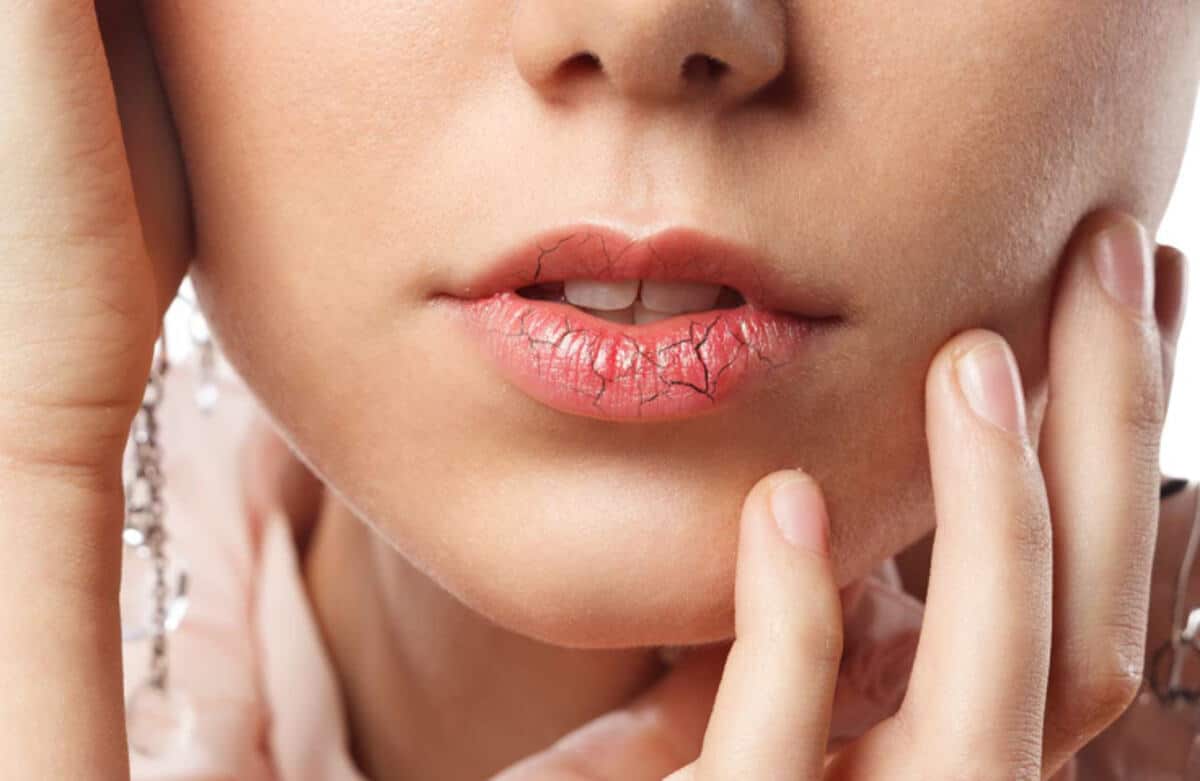A dry mouth is unpleasant. You may experience difficulty swallowing, talking, or even tasting food. We receive many patients who suffer from dry mouth, but we found some simple remedies for dry mouth that worked wonders. Here’s how we helped our patients.
Understanding Dry Mouth
Dry mouth, or xerostomia, happens when your mouth doesn’t produce enough saliva. Salvia is vital to your oral health as it helps keep your mouth clean by washing away food particles and bacteria.
Without enough saliva, your mouth can get really dry and uncomfortable. There are many reasons why someone may get a dry mouth. It can be because of medications, dehydration, certain illnesses, or even just sleeping with your mouth open.
Step 1: Drink More Water
One of the simplest and most effective hydration tips for a dry mouth is to drink 4-6 litres of water daily. Our bodies are made up of about 60% water, so staying hydrated is super important. Cultivate the habit of carrying a water bottle whenever you leave your home. Make sure to sip water throughout the day, even if you don’t feel thirsty.
Drinking water helps keep your mouth wet and cleanses food bits and germs. If you’re not a fan of plain water, you can try adding a slice of lemon or a few cucumber slices for some extra flavour.
Step 2: Avoid Caffeine and Alcohol
Caffeine and alcohol can both cause dehydration, which can lead to dry mouth. While talking to most of our patients, we discovered that they drink a lot of soda and coffee, but we revealed that these drinks are making their dry mouth condition worse. Hence, our experts recommended that they cut back on these drinks and switch to healthier options.
Instead of soda, start drinking water or herbal tea. Instead of coffee, drink decaffeinated tea or have a glass of water with a slice of lemon. Avoiding alcohol will also help, especially before bedtime.
Step 3: Chew Sugar-Free Gum
Chewing sugar-free gum stimulates saliva production. So start chewing sugar-free gum, especially after meals. The chewing action tells your salivary glands to produce more saliva, which helps keep your mouth moist. Plus, gum comes in all sorts of fun flavours!
Step 4: Try Saliva Substitutes
Sometimes, despite drinking plenty of water and chewing gum, your mouth might still feel dry. There are saliva substitutes available over the counter. These products come in sprays, gels, and rinses. They mimic natural saliva and help keep your mouth moist.
Step 5: Eat Moist Foods
Certain foods can help alleviate dry mouth. Start eating more moist foods like soups, stews, and yogurts. These foods are not only easy to swallow, but they also help add moisture to your mouth.
Crunchy fruits and vegetables, such as apples and carrots, can also help produce more saliva. Make sure to include these in your daily diet. Avoiding dry, salty, or sugary foods is also important because they can make a dry mouth worse.
Looking for a Reliable Dentist Near You?
A dry mouth can be uncomfortable, but following these simple steps can help alleviate the symptoms. Drinking more water, chewing sugar-free gum, avoiding caffeine and alcohol, trying saliva substitutes, eating moist foods, and talking to a dentist in NW Calgary can all make a difference.
Be mindful of maintaining daily oral hygiene habits — brushing, flossing, scraping your tongue and using mouthwash to remove harmful bacteria in your mouth. If your dry mouth persists, even after implementing these tips, contact us at Royal Vista Dental. We would be happy to assess your dental health thoroughly to identify the root cause of dry mouth.
